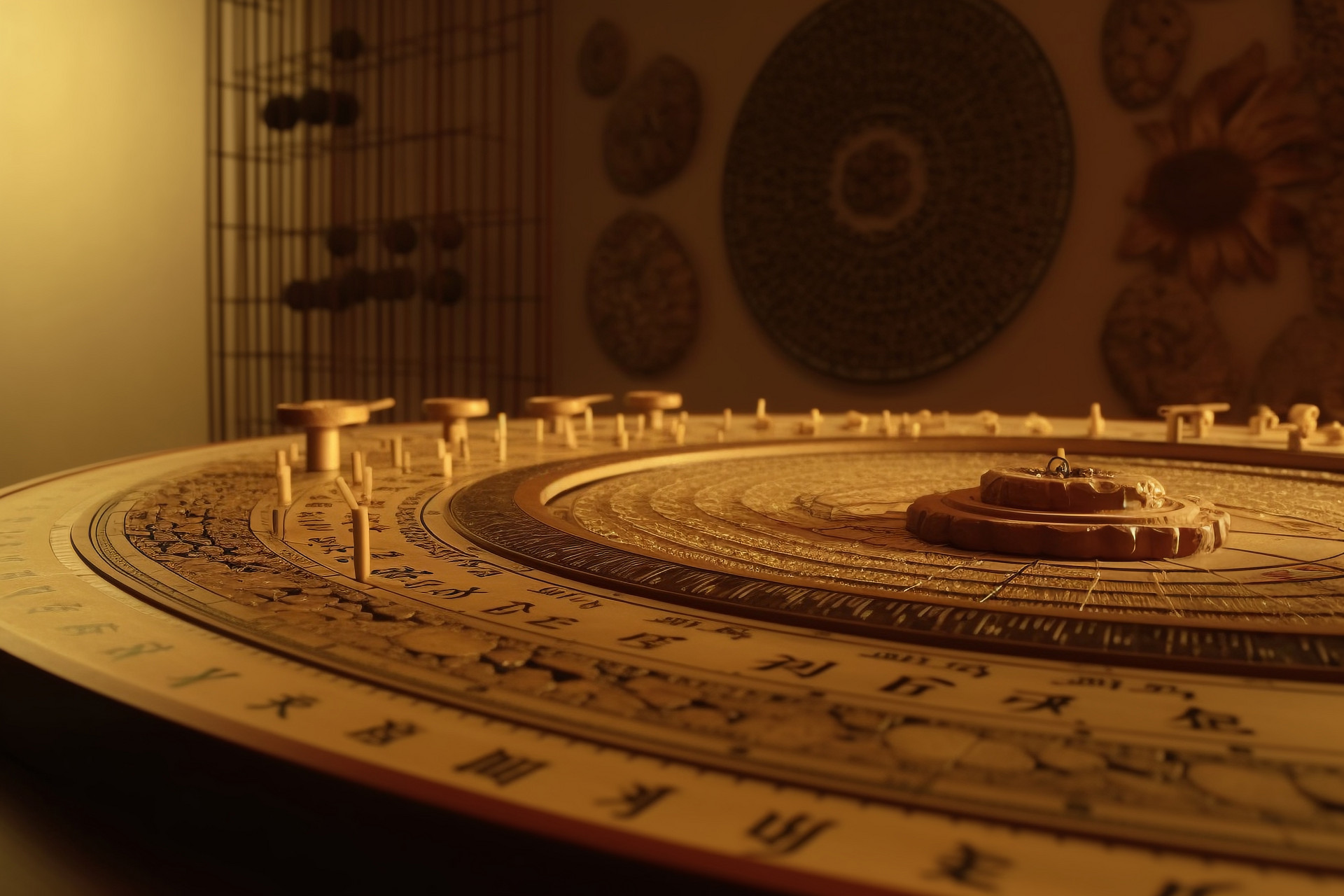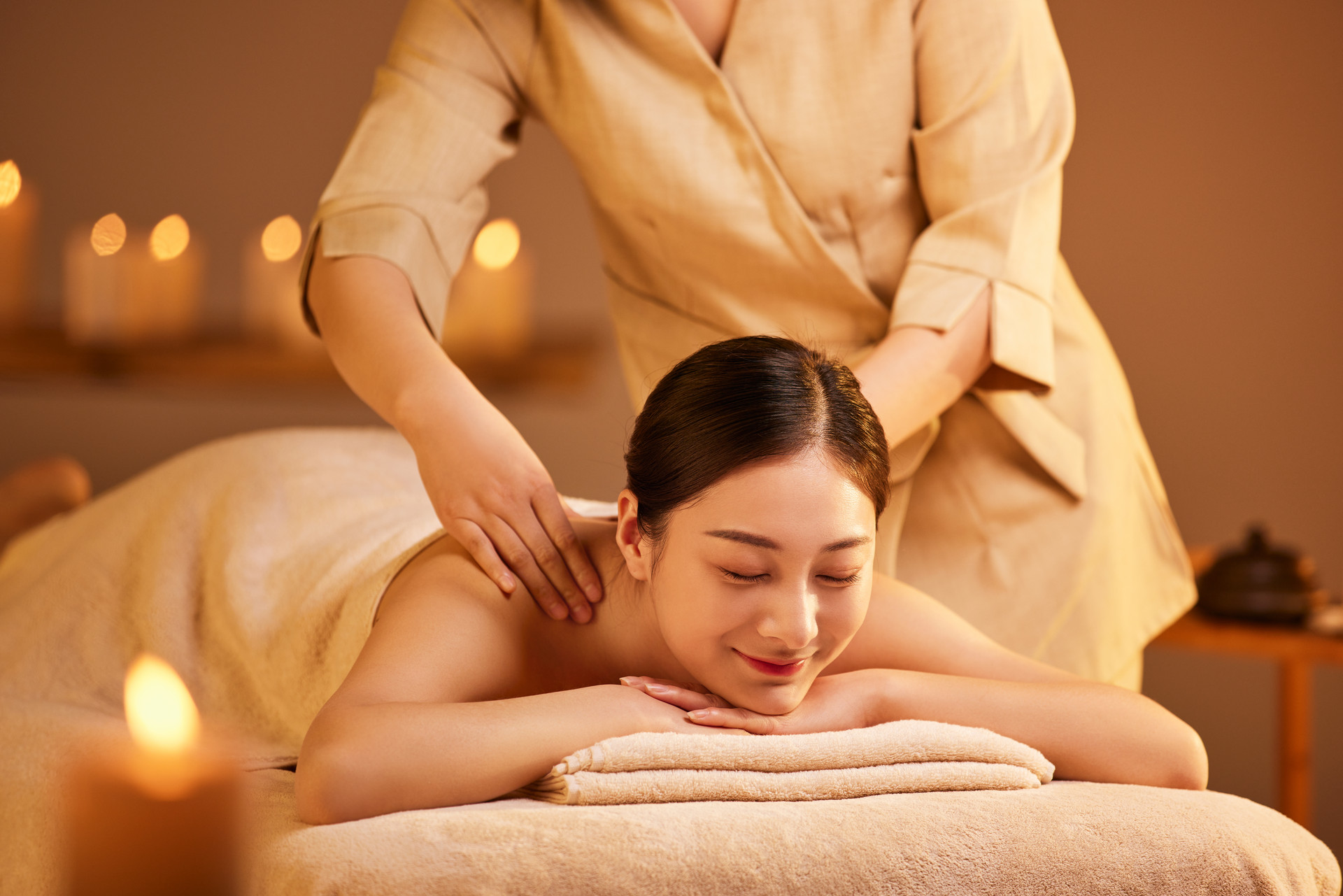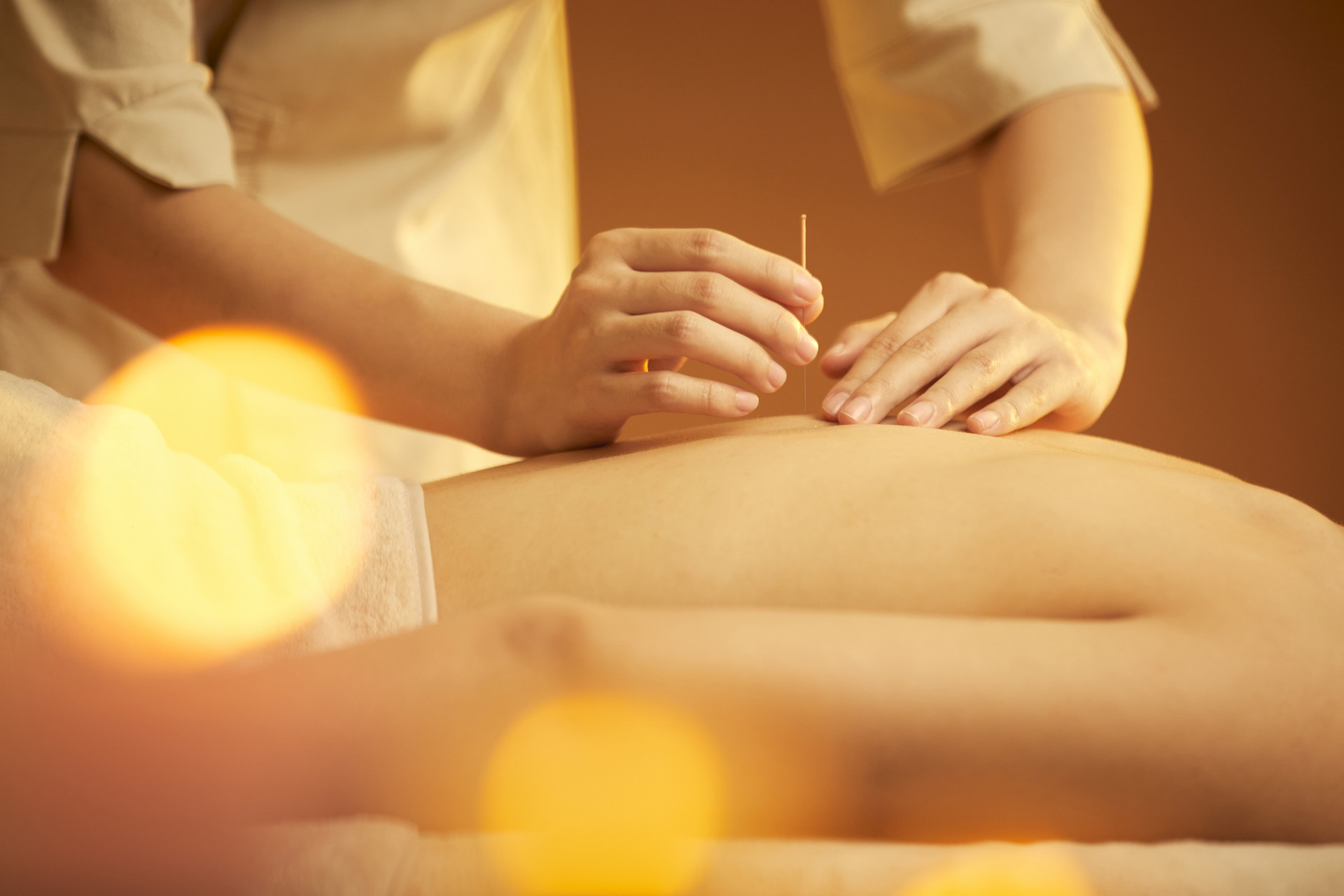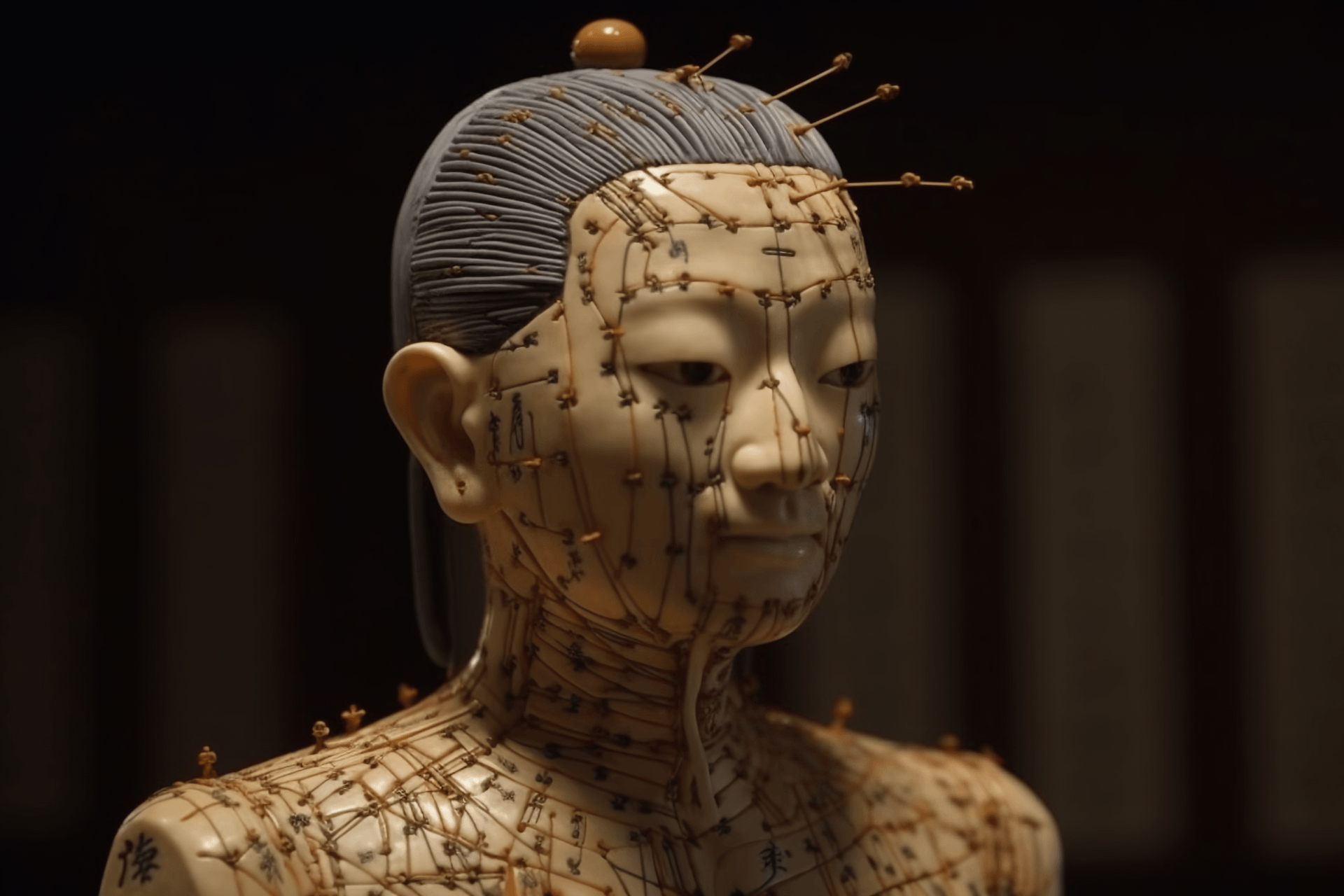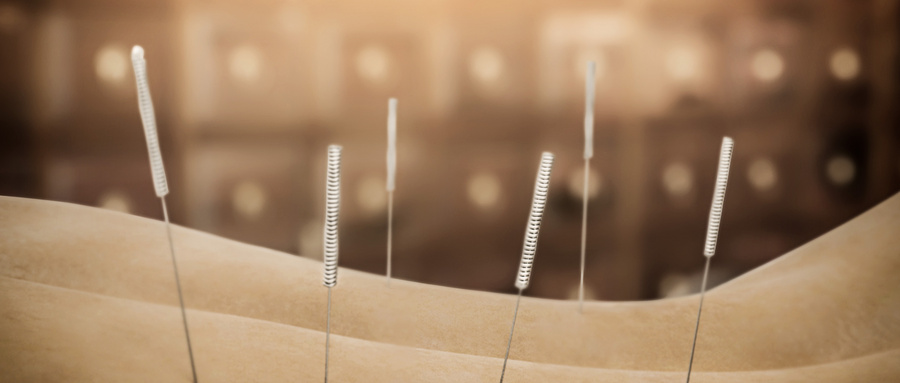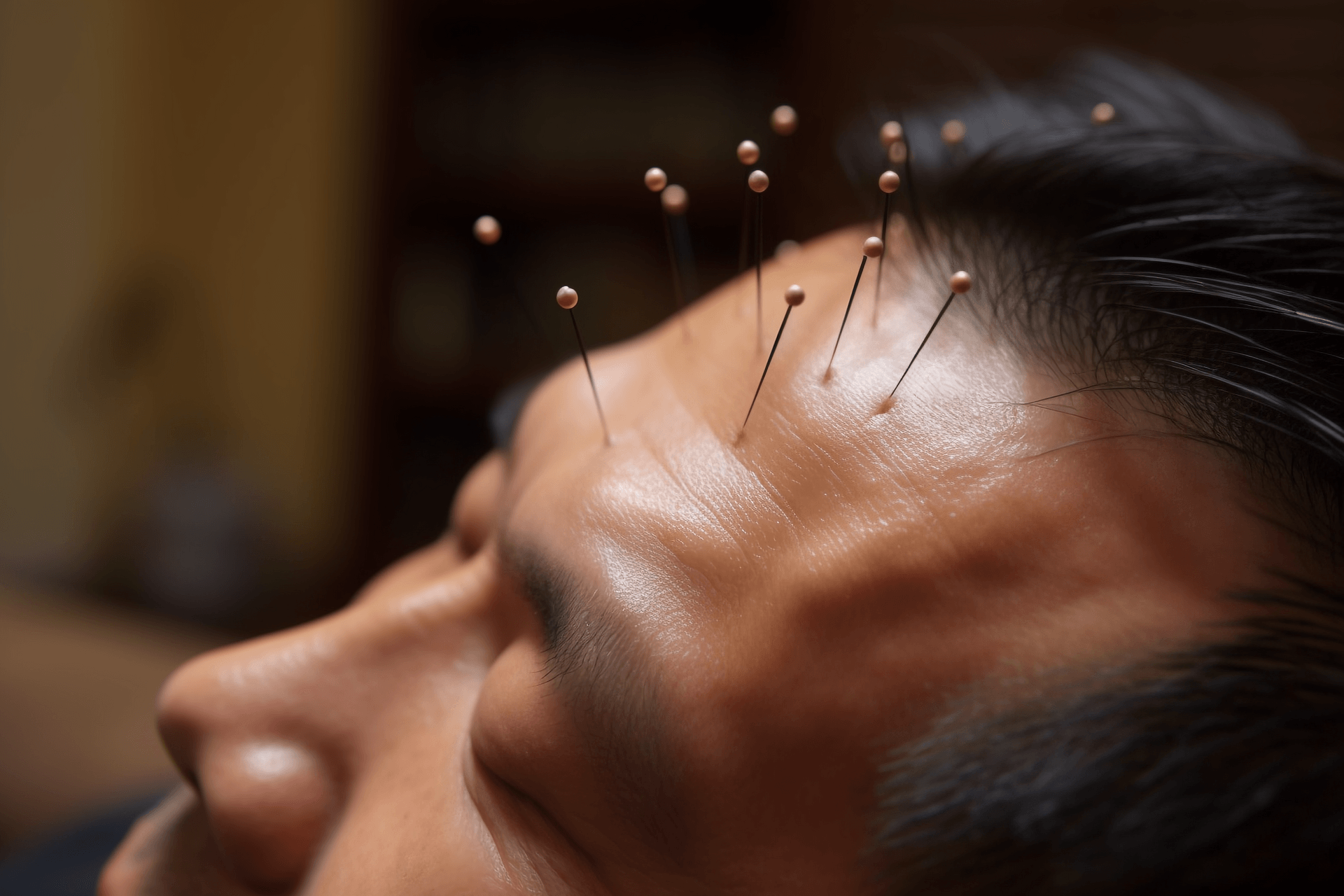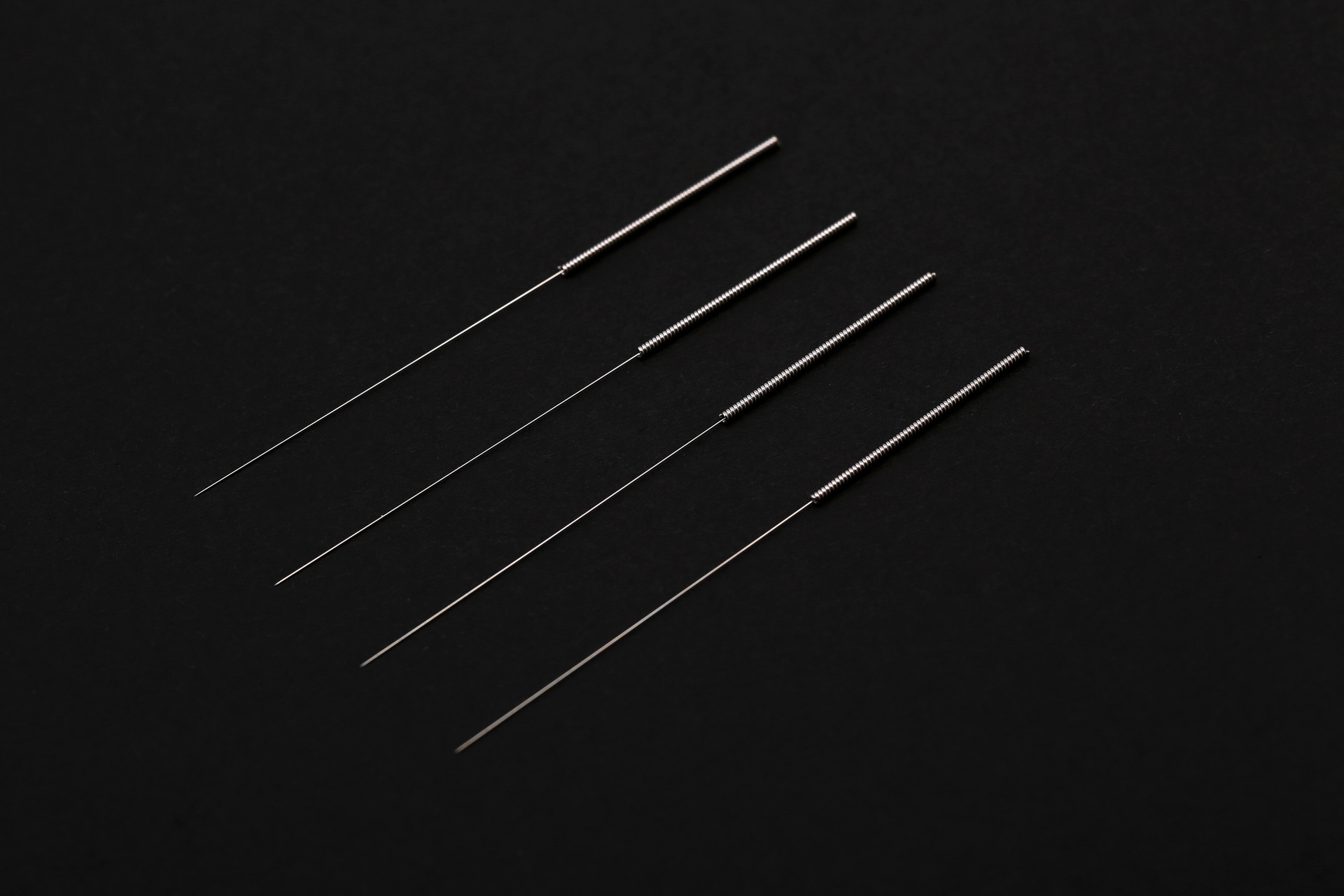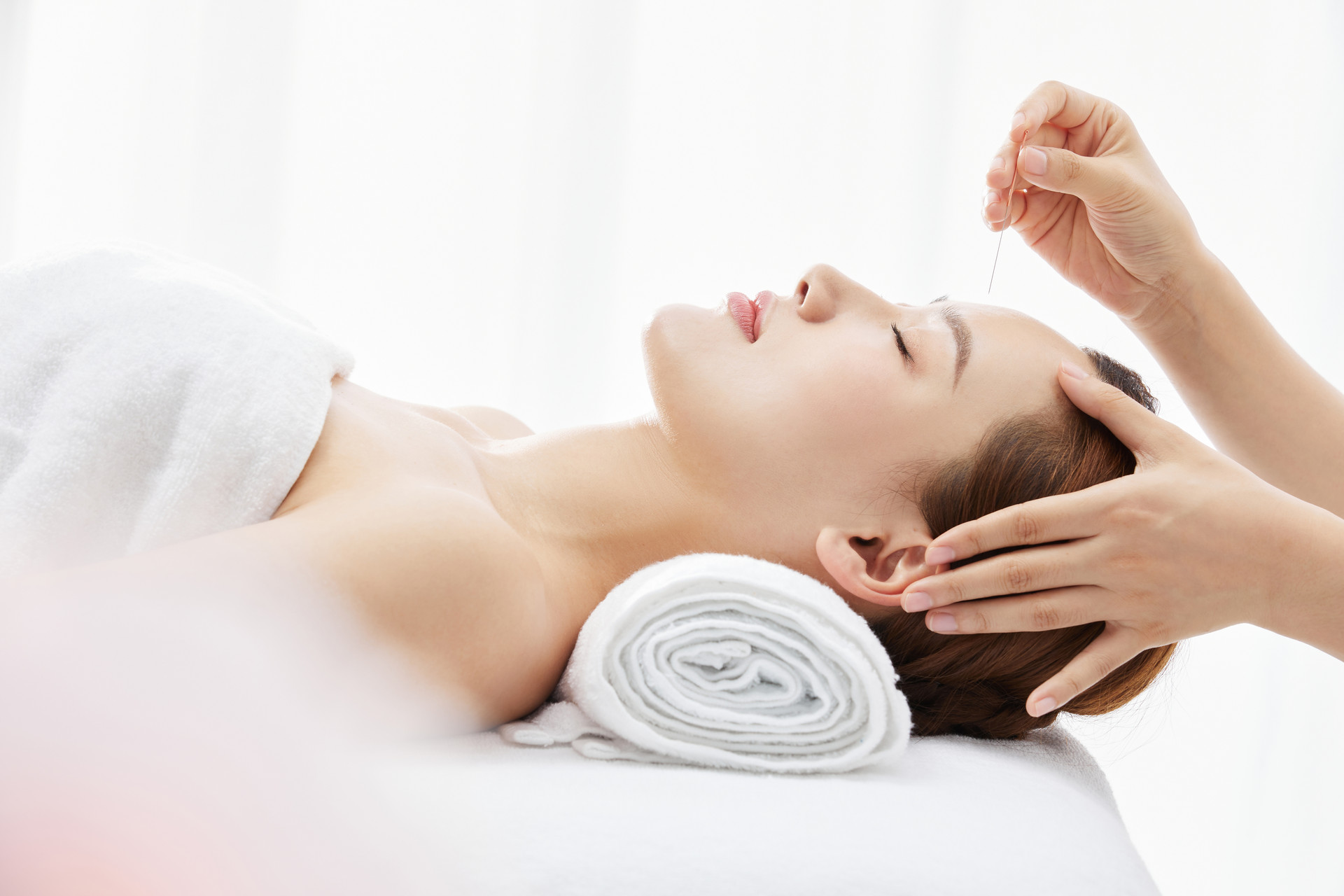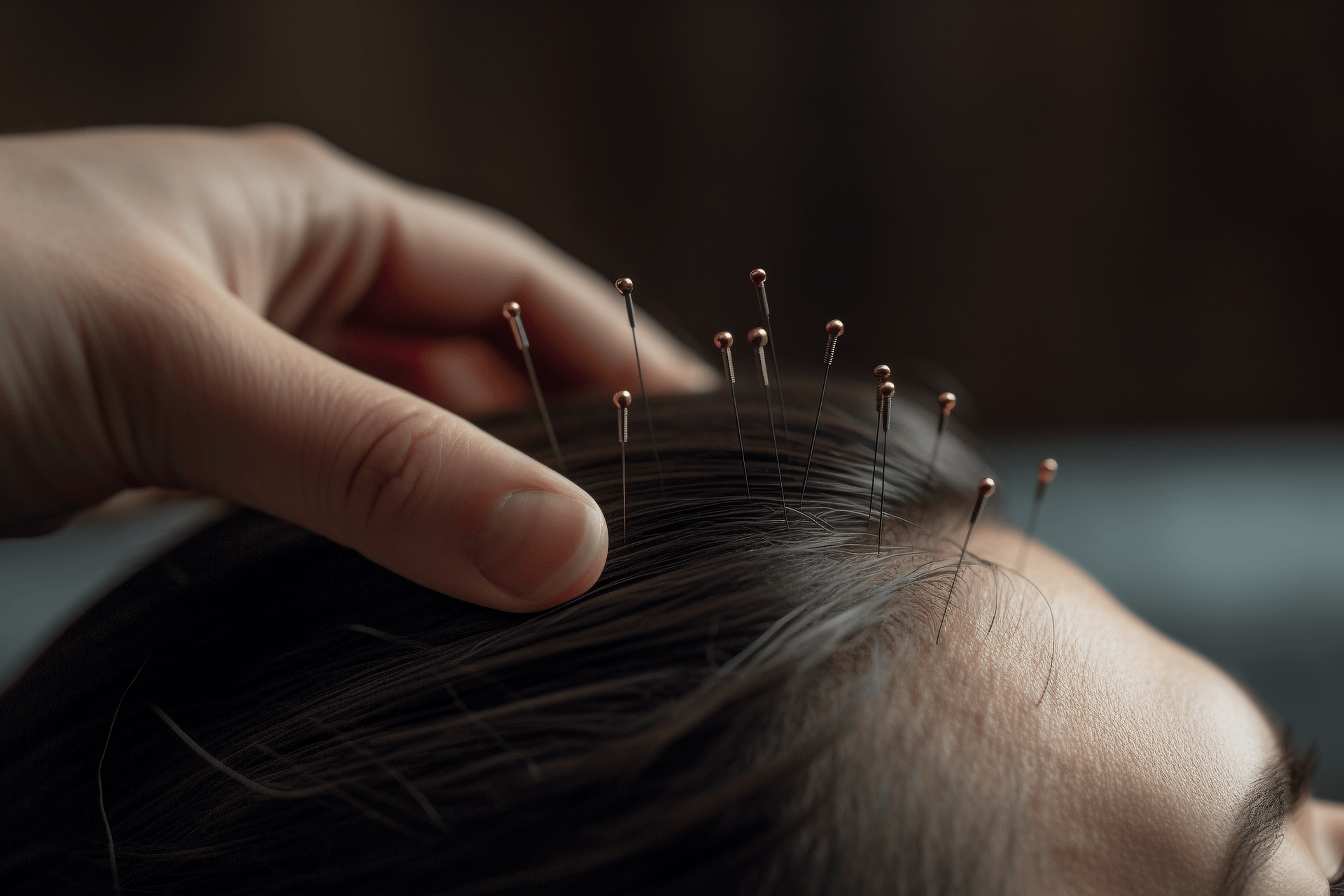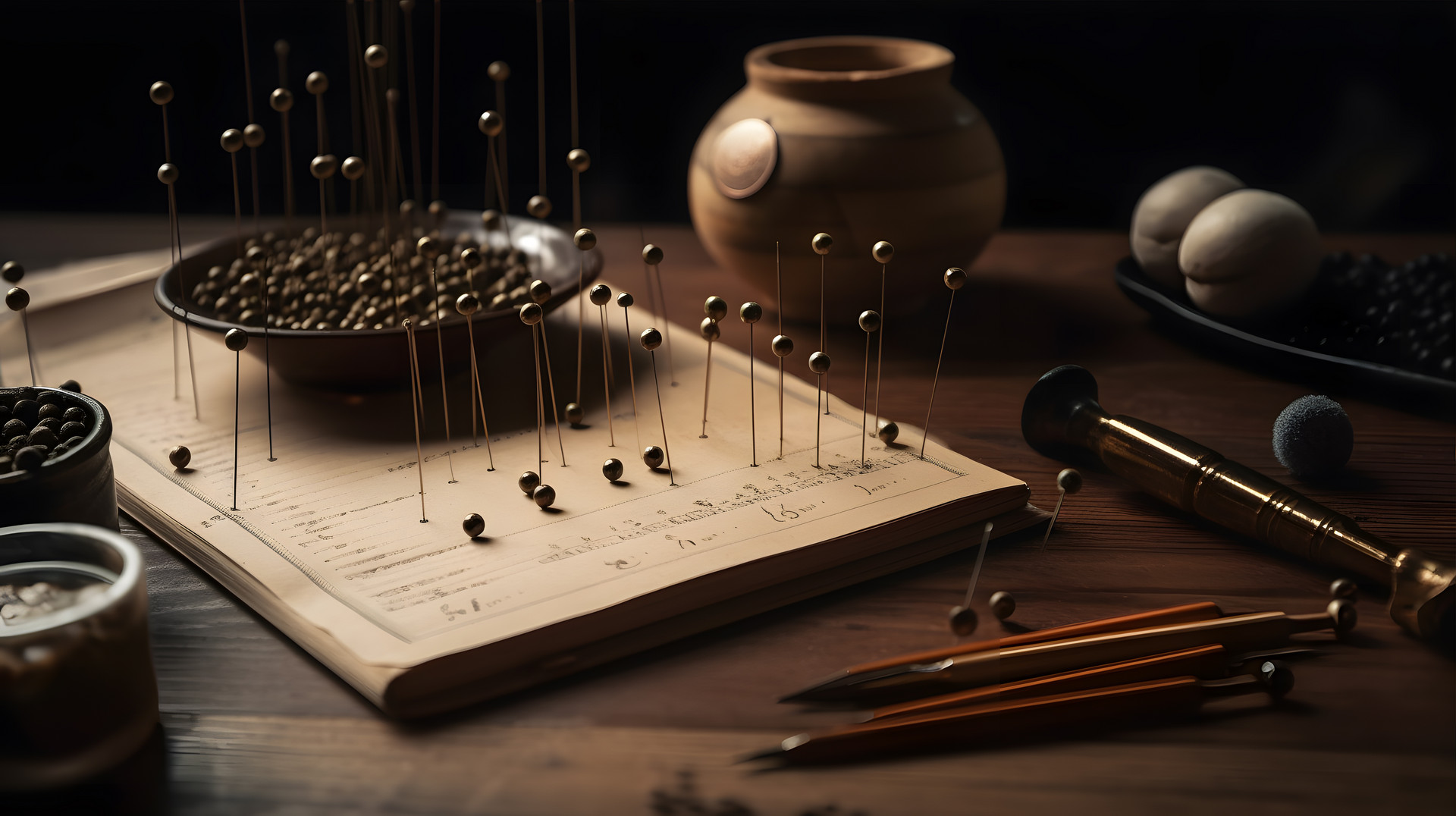Acupuncture is a traditional therapy in Chinese medicine that uses needle puncture and moxibustion to promote muscle relaxation, improve circulation, and prevent and treat diseases. The methods and precautions of acupuncture treatment are as follows:
Methods of Acupuncture Treatment
1. Treatment of Respiratory Diseases
By locating the sensitive points or acupuncture points on the human body and using acupuncture to stimulate them, the local microenvironment can be improved, and respiratory diseases such as colds and sinusitis can be relieved.
2. Treatment of Oral Diseases
In clinical practice, for patients with conditions such as pharyngitis, tonsillitis, toothache, and gingivitis, the quick needling technique of acupuncture can be used, with each treatment only taking one or two minutes.
For patients with oral ulcers of the type caused by excessive stomach fire in traditional Chinese medicine, acupuncture can be applied to the three points along the stomach meridian: Dicang, Cheek Car, and Neiting, to reduce the excessive fire in the stomach.
3. Treatment of Certain Eye Diseases
Through acupuncture treatment, meridians can be unblocked and internal organs can be regulated, effectively preventing and treating eye diseases such as conjunctivitis and cataracts.
For example, ear acupuncture is one of the methods used to treat eye diseases. By burying small seeds in relevant acupuncture points in the ear, the corresponding eye diseases can be easily cured through prolonged stimulation.
4. Treatment of Gastrointestinal Diseases
Acupuncture can regulate gastrointestinal function, promote gastrointestinal peristalsis, and increase blood flow to the gastric mucosa, which helps with ulcer healing. Therefore, acupuncture can be used to treat various digestive system diseases.
5. Treatment of Neurological, Muscular, and Skeletal System Diseases
Acupuncture regulates the nervous and humoral systems, enhances immune function, and has analgesic effects. It can also reduce vascular permeability and inhibit the exudation of inflammatory substances, achieving the desired therapeutic effects.
Situations In Which Acupuncture Should Be Avoided
1. Local Infections
Acupuncture should not be performed on areas with skin infections, ulcers, wounds, scars, or tumors, as it may worsen local inflammation and pain.
2. Elderly Pregnant Women
Pregnant women, elderly pregnant women, and those with a history of habitual miscarriages should be cautious about receiving acupuncture. Some acupuncture points on their abdomen and lumbosacral region should be avoided or not used for cupping.
These acupuncture points often promote blood circulation and regulate menstruation, making it easy to cause miscarriage in pregnant women. Women should also avoid acupuncture during menstruation unless it is for menstrual regulation.
3. Coagulation Disorders
People with coagulation disorders, excessive bleeding after injury, or spontaneous bleeding tendencies should not receive acupuncture, as it may impair wound healing and cause bruising. Therefore, these individuals should avoid needling blood vessels to prevent bleeding.
4. Excessive Fullness
People who are excessively full, highly stressed, overworked, in a state of severe hunger, or have experienced significant blood loss should not receive immediate acupuncture treatment. This is to avoid vasovagal syncope during acupuncture. Treatment should be postponed until the body has recovered.
5. Skin Allergies
Scarring moxibustion should not be used in joint areas, facial areas, areas around the five senses, and large blood vessels. Moxibustion should also be used with caution in high-temperature environments to prevent burns. It is also important to note that some individuals may have skin allergies during acupuncture, so precautions should be taken to avoid skin blistering, etc.
Precautions for Acupuncture
1. Disinfection Before Moxibustion
In many acupuncture clinics, practitioners often neglect alcohol disinfection during the acupuncture process, which is unhygienic. Therefore, when we need acupuncture, we should insist on requesting alcohol flame disinfection beforehand.
2. Avoid Air Conditioning
Although acupuncture can help to promote blood circulation and remove blood stasis, using air conditioning during acupuncture can easily lead to a stroke, which is not worth the risk. During acupuncture, we should ensure that there is no draft.
3. Avoid Movement
Acupuncture emphasizes speed, accuracy, and precision. However, many people tend to twist or move due to slight pain during acupuncture, which can lead to needle insertion errors or even minor bleeding.
4. Maintain a Calm State of Mind
Do not wear makeup, scrape the tongue coating, or use perfume during acupuncture. Ensure a pleasant and relaxed state of mind. In case of restlessness, one should sit calmly and wait until the mood has stabilized before considering whether to proceed with acupuncture on that day or reschedule for another day.
5. Maintain Cleanliness
Do not take a shower on the day of acupuncture. Avoid cold wind and ensure sufficient rest. Also, do not let the acupuncture site come into contact with contaminants to prevent infection.


